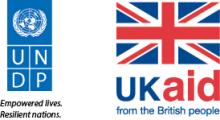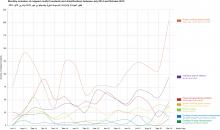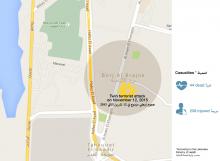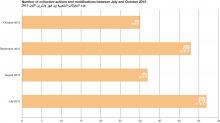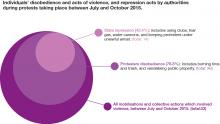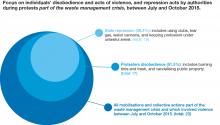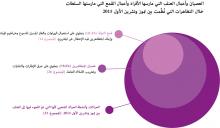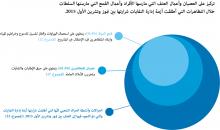All copyright are reserved under The Centre for Social Sciences Research & Action / Lebanon support © 2025.
The Centre for Social Sciences Research & Action is registered in Cyprus as a non-profit Limited Liability Company under registration number HE421100.
By virtue of an MOA, Lebanon Support (registered in Lebanon under number 168) implements all activities and projects in Lebanon under the name of Centre for Social Sciences Research & Action.



